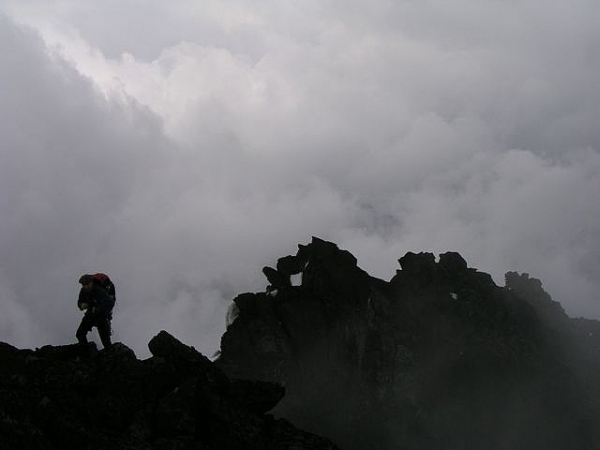Why we should treasure mountains

Uganda is proud to join the rest of the World in commemorating World Mountain Day today, December 11, 2015 under the global theme Promoting Mountain Products.
By Salome Alweny
As part of the activities leading to this event, Uganda has finalised preparing a national framework for sustainable mountain development in the country.
The formulation of this strategy has been driven by strong need of ensuring that mountain ecosystems are protected in order to sustain their ecological integrity and continue supplying ecosystem goods and services for livelihoods of mountain communities and for national development.
Uganda’s mountain ecosystems include major mountain like Mt. Elgon, the Rwenzoris, Virunga, Wati Zulia (or Losolia) Morungole, Labwor and Dodoth Morungole, Moroto, and Kadama all of which are significant national assets for achieving sustainable development.
Uganda’s mountainous regions are the most densely populated (besides the urban centres) because of the fertile soils and climatic conditions favourable for agriculture.
Mountain ecosystems house Uganda’s minority groups such as the Ike of Karamoja, Batwa of Bwindi/Echuya and Mgahinga, Ndorobos of Mt Elgon whose existence and livelihoods is almost exclusively dependent on mountain ecosystem resources.
Uganda’s mountains play a critical role in the efforts towards achieving Uganda’s green economy targets. Uganda’s mountain ecosystems host natural capital such as tourism assets, minerals, water (for fisheries, irrigation, agriculture, generation of hydropower, industrial and domestic use) that are critical to Uganda’s green economy development.
In addition, Uganda’s mountains are a home of nearly half of the key biodiversity habitats or hotspots which are managed as national parks or forest reserves.
Examples are Mgahinga Gorilla National Park, Bwindi Impenetrable National Park, Rwenzori Mountain National Park; Mt Elgon national Park, Mt Kadama Central Forest Reserve, among others.
In spite of these values, mountain ecosystems are fragile and vulnerable to effects of climate change and other human activities.
In the recent past, mountainous areas have witnessed landslides that have caused death and extensive destruction of road infrastructure and other loss or degradation of social and economic assets such as crops, livestock and soils.
More so, mountain ecosystems are costly to develop economically due to their topography that present high cost of infrastructure and technology development and application.
It is therefore not surprising to find that mountain ecosystems are among the areas least served with social services (education, health, clean water, electricity, etc.) or with poor road infrastructure.
In order for the country to harness the values of mountains, the country needs a common vision for sustainable mountain development.
There is need for increasing;
- i) knowledge and understanding of the functions of mountain ecosystems,
- ii) investment in developing mountain resources, provision of social services infrastructure and creating employment opportunities for mountain people and;
- iii) markets for mountain products such as tourism and agriculture products in order to provide sources of income for mountain communities, among others;
- iv) resilience of mountain ecosystem and communities to effects of climate change and human activities;
- v) institutional collaboration,
- vi) trans-boundary collaboration and, vii) capacity for effective management of mountain ecosystems.
Uganda’s efforts to promote sustainable Mountain development are led by the Ministry of Water and Environment (MoWE) in collaboration with Mountain Partnership members and mountain stakeholders in Uganda.
These efforts have received financial support from the Swiss Agency for Development and Cooperation (SDC) through the Albertine Rift Conservation Society (ARCOS).

Facebook comments